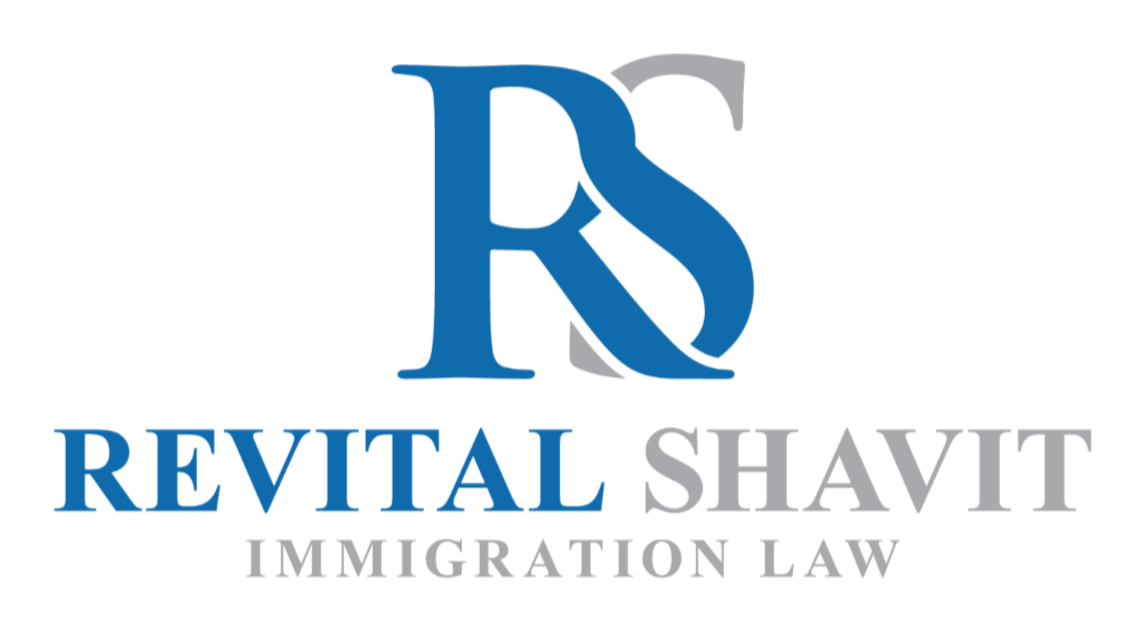The Benefits and Limitations of AI in Immigration Cases
- Revital Shavit Barsheshet
- May 29, 2025
- 3 min read
Updated: Aug 18, 2025
Understanding AI's Role
AI can be beneficial for accessing general information and performing initial research. However, it should not be relied upon for the detailed aspects of an immigration case. The intricacies involved in immigration law require a level of expertise and understanding that AI cannot replicate. Immigration cases often hinge on nuanced details and specific circumstances that require human judgment and experience. Therefore, while AI can serve as a helpful tool, it should not be viewed as a substitute for professional legal advice and representation.
What Can AI Do?
Assist in Completing Standard Forms: AI can streamline the process of filling out immigration forms by providing templates and suggesting appropriate responses based on common scenarios. This can save time and reduce the likelihood of errors in the initial stages of the application process.
Aid in Creating Checklists and Gathering Documentation: AI can help users compile necessary documentation by generating checklists for immigration applications.
Provide Preliminary Information: AI can offer general information regarding expected timelines for processing applications and the associated fees. This helps applicants plan and budget accordingly, particularly those unfamiliar with the immigration process.
Facilitate Practice with Interview Questions: AI can simulate interview scenarios by generating common questions that immigration officers might ask during a visa or residency interview. This practice can help applicants feel more prepared and confident when facing real interviews. However, it cannot replace the need for personalized coaching from a qualified attorney.
What AI Can't Do (Yet)
AI cannot evaluate the complexities of each unique case or take into account all individual circumstances. It also fails to provide advice tailored to the specific variables of each situation, making it difficult to develop strategies and address more nuanced and complex issues.
AI frequently misses recent legislative changes and fast-paced shifts in immigration laws. In simple terms, AI can make legal mistakes. In the world of U.S. immigration, it's essential to stay informed about the latest developments to offer accurate guidance. An experienced immigration attorney can assist in navigating these changes and ensure that clients understand how new laws may affect their cases.
Tailored professional guidance is essential for the sensitive and transformative journey of immigration. The stakes are significant, as a successful immigration process can lead to new opportunities, while mistakes or misunderstandings can result in major setbacks or even deportation. Therefore, collaborating with a skilled immigration attorney who can offer personalized advice, represent the applicant, and navigate the complexities of the law is crucial.
In summary, while AI can support certain parts of the immigration process, its limitations must be acknowledged, as must the indispensable value of human expertise in legal matters.
Attorney vs. Filing On Your Own
The decision to file an immigration case independently versus hiring an attorney carries significant weight. Filing on your own may seem straightforward, but it comes with considerable risks. Any error, no matter how minor, can lead to delays, additional expenses, or even the denial of your case. Immigration laws are intricate and ever-changing. A single missed form, an incorrect answer, or insufficient documentation can derail your entire process.
An attorney, on the other hand, brings expertise and familiarity with these nuances. They ensure all paperwork is accurate, deadlines are met, and your case is presented in the best possible light. This saves you potential headaches and significantly increases your chances of a successful outcome.
Communication, Professionalism, and Cost
When deciding whether to work with an attorney, it's essential to consider factors beyond just the price tag. While finding an affordable attorney is important, the most inexpensive option is not necessarily the best.
Prioritize communication and professionalism. Look for an attorney who listens attentively to your concerns, explains procedures clearly, and keeps you updated on the progress of your case. Good communication builds trust and ensures you are informed and involved throughout the process.
Ultimately, you should aim for a balance of expertise, clear communication, and reasonable cost. A knowledgeable attorney committed to excellent service can make all the difference in your immigration journey.
Why Choose Revital Shavit Immigration Law?
Selecting the right legal representation is crucial when navigating U.S. immigration law. Our law firm is dedicated to securing a high success rate for our clients.
Although we may not have the absolute lowest prices, our fees are reasonable and competitive, reflecting the quality of our services. We emphasize a client-focused approach, ensuring open communication and upholding the highest standards of professionalism. We aim to provide you with the best possible experience while working diligently to achieve your immigration objectives.
Please CONTACT US for more information on our services.
This article has been prepared for general information purposes only. The information presented is not legal advice, is not to be acted on as such, may not be current, and is subject to change. Readers should contact their attorneys to obtain advice concerning any particular legal matter.




Comments